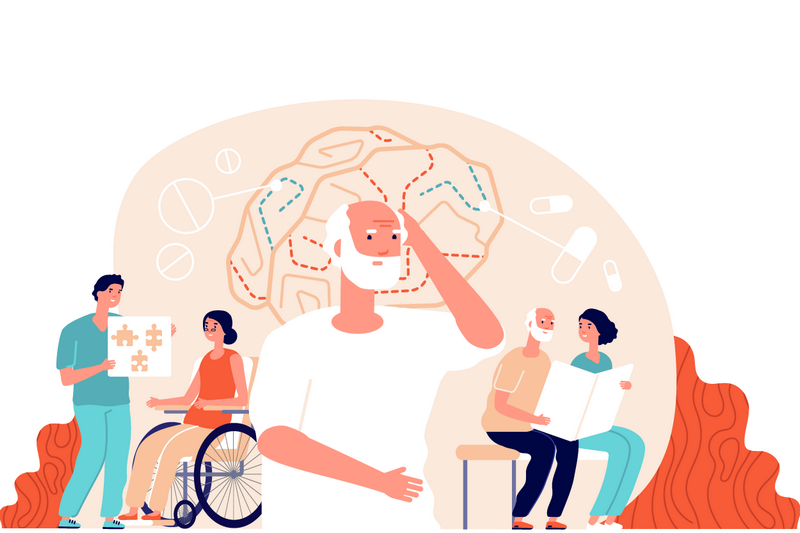 The principle of luck is typically multifaceted and subjective, affected by numerous aspects including opportunity, preparation, frame of mind, and possibility incidents. While some individuals may show up to experience more fortunate end results than others, a number of variables contribute to this perception:
The principle of luck is typically multifaceted and subjective, affected by numerous aspects including opportunity, preparation, frame of mind, and possibility incidents. While some individuals may show up to experience more fortunate end results than others, a number of variables contribute to this perception:
- Prep work and Opportunity: People who spend time and effort in developing their abilities have a tendency to identify and seize possibilities much more readily.For example, research by psychologist Anders Ericsson recommends that purposeful practice is a key consider achieving proficiency, raising the possibility of success when possibilities occur.
- Way of thinking and Mindset: Favorable attitudes and resilience affect just how people reply to situations, potentially opening doors to more fortunate outcomes.Studies in favorable psychology show that confident people recover better and maintain inspiration in search of their goals.
- Risk-Taking: Some individuals are much more inclined to take calculated risks, resulting in opportunities others might perceive as luck.Behavioral economic experts keep in mind that risk-takers have a tendency to have a greater possibility for success, taking advantage of ingenious solutions and chances.
- Networking and Connections: Building strong networks and partnerships can create paths to opportunities viewed as luck.Research reveals that strong social networks associate with job advancement and accessibility to resources.
- Random Possibility: Regardless of mindful planning, good luck can still significantly influence outcomes.Randomness and uncertainty are fundamental, bring about uncertain results despite meticulous planning and analysis.
- Assumption and Interpretation: Perception affects just how people analyze end results, shaping ideas about luck.Cognitive biases affect interpretations of good luck, with people attributing success to elements like hard work or ability.
- Learning from Failing: Failing is a part of the trip in the direction of success, with lessons to be learned.Organizational psychology research highlights the value of a growth way of thinking in picking up from obstacles and attaining greater success.
Read more https://www.medyaege.com.tr/cevrimici-oyunlarda-verilerinizi-nasil-koruyabilirsiniz-oyuncular-icin-ipuclari-245089h.htm At website Articles
Ultimately, while good luck might contribute, recognizing and proactively involving with different factors such as prep work, state of mind, risk-taking, networking, assumption, and picking up from failure can enhance one’ s possibilities of experiencing beneficial end results. By growing resilience, embracing possibilities, and browsing obstacles efficiently, people can shape their own fortune in both professional and individual ventures.
